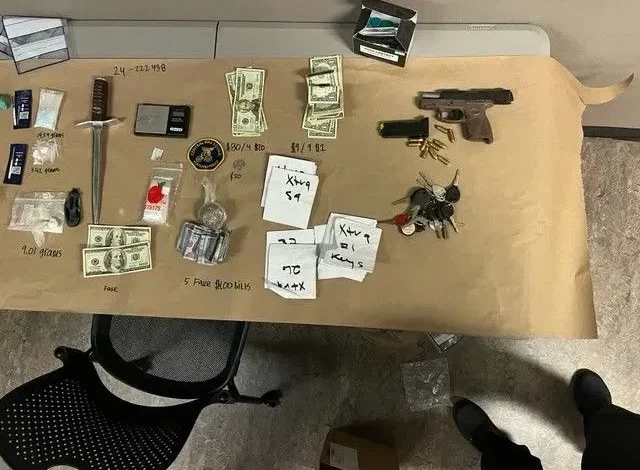The first day of enforcement under Oregon’s new drug law, House Bill 4002, saw a mix of arrests and deflections as Multnomah County police and outreach workers began implementing the program, according to Katu2 ABC.
The law, which provides an alternative to incarceration for certain drug-related offenses, went into effect on Sunday, signaling a significant shift in how the state handles drug possession cases.
Individuals caught using hard drugs in public can now be offered the option of entering treatment rather than facing jail time, if they meet certain criteria. This initiative is part of a larger statewide effort to combat drug addiction by combining law enforcement and healthcare services.
On Sunday, Portland police encountered several people using hard drugs in public. Four people who had outstanding charges or were on probation were arrested and taken to jail. Two others met the deflection program’s criteria and accepted services, while one received a citation rather than being arrested.
In Gresham, police arrested two people for drug possession; neither of them qualified for deflection, so they were taken to jail. The deflection program requires police to work with outreach workers who are tasked with assisting individuals in obtaining treatment options. Tony Vezina, executive director of 4D Recovery, sees this collaboration between law enforcement and healthcare services as a novel approach and emphasizes the importance of this partnership.
Over the first two days of enforcement, six outreach workers from 4D Recovery and Volunteers of America responded to police calls, offering services to those who qualified for the deflection program. However, due to limited capacity, only one person was able to obtain a spot in a detox center, highlighting the ongoing difficulties in providing adequate treatment resources.
Meagan Buchanan, a volunteer with 4D Recovery, expressed concern about the lack of available detox facilities, stating that more resources are required to ensure the program’s success. Despite these challenges, Buchanan believes that outreach efforts are having an impact, even if the decision to seek treatment ultimately rests with the individuals themselves.
As the county seeks to expand its services, plans are underway to open a deflection center in October, with sobering services expected by 2025. The initiative aims to provide a more comprehensive support system for those struggling with addiction, with outreach workers who have been through addiction themselves playing an important role in guiding people to recovery.
Across the state, 28 counties have accepted state funds to establish similar deflection programs, with others in the process of doing so. Public opinion on the new law’s effectiveness varies, with some residents optimistic that it will result in cleaner streets and better rehabilitation outcomes, while others remain skeptical of police enforcement.









